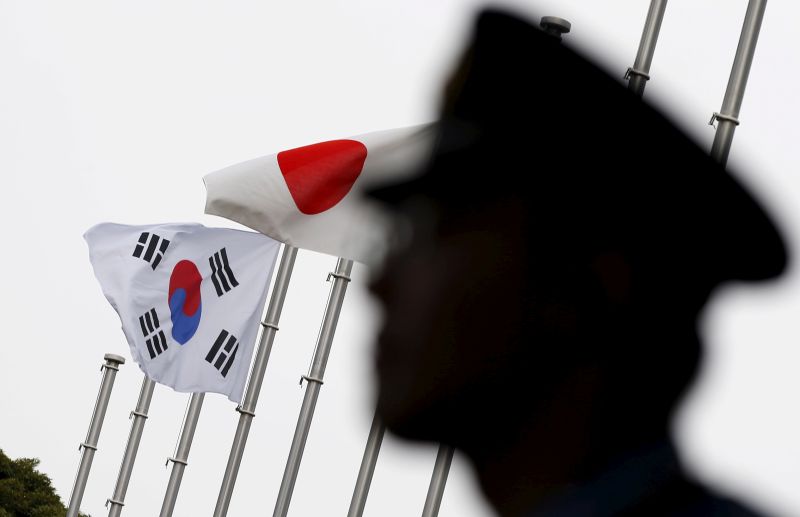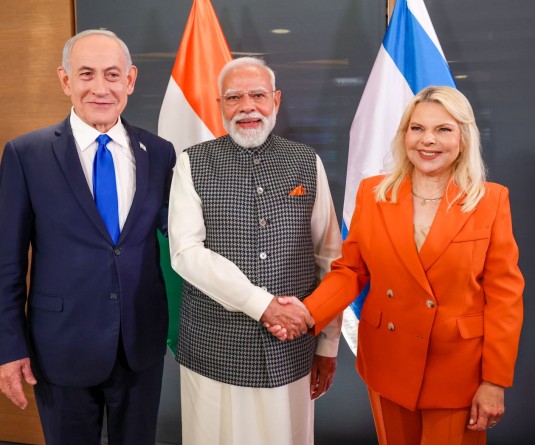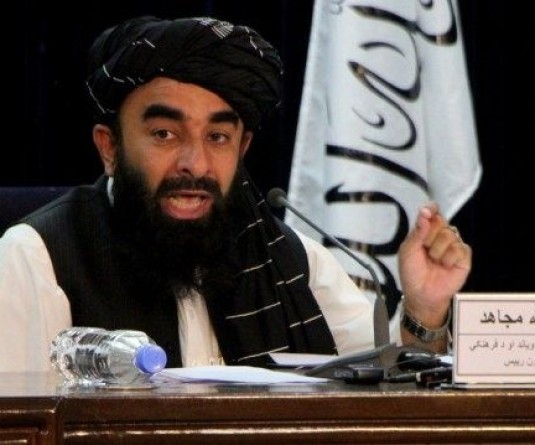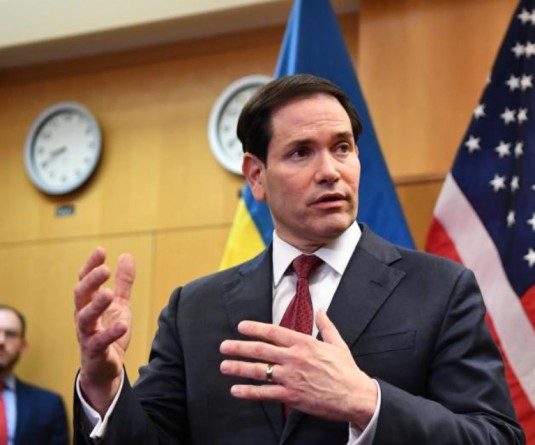South Korea summons Japan ambassador as export trade curbs take effect

A police officer stands guard near Japan and South Korea national flags at hotel, where South Korean embassy in Japan is holding the reception to mark the 50th anniversary of normalisation of ties between Seoul and Tokyo, in Tokyo on June 22, 2015. (REUTERS File Photo)
SEOUL, August 28 (Reuters): South Korea summoned Japan's ambassador to protest against a decision to remove Seoul's fast-track export status, which took effect on Wednesday amid a deepening political and economic feud.
Japan dropped South Korea from a so-called white list of favoured trade partners this month, which could mean more paperwork and on-site inspections for some Japanese exporters and potentially slow supplies of a range of goods.
The decision prompted South Korea to drop Japan from its favoured trading list and scrap an intelligence-sharing agreement.
South Korean deputy national security adviser Kim Hyun-chong said it was deeply regrettable that Japan's decision to scrap fast-track export status for South Korea had taken effect.
South Korea would be willing to reconsider its decision to end the intelligence-sharing pact if Japan corrected its "unjust measures", Kim told a news conference.
"I want to stress the ball is in Japan's court," he said.
Relations between the two countries worsened late last year after South Korea's Supreme Court ordered compensation for some Koreans forced to work at Japanese firms during Japan's 1910-45 occupation.
South Korea's vice foreign minister Cho Se-young called in Japan's ambassador Yasumasa Nagamine to lodge a formal complaint and demand that the "white list" decision be reversed, South Korea's foreign ministry said.
"Cho pointed out that the measure was clear retaliation for the court ruling and posed a grave challenge that shook the foundation of the two countries' cooperative relations," the ministry said in a statement.
Nagamine declined to comment on the complaint. But Japanese Chief Cabinet Secretary Yoshihide Suga repeated that Japan's stance was appropriate, and blamed South Korea for its action on the issue of forced labourers for the strained ties.
"Relations between Japan and South Korea are in an extremely difficult state due to the repeated negative and irrational actions from the South Korean side," Suga told a regular news conference, without elaborating.
ENVOY TO VISIT
At a separate meeting, the South Korean government also pledged to invest 5 trillion won ($4.12 billion) from 2020 to 2022 to stabilise supply chains in affected sectors of the economy.
"We once again urge Japan to refrain from further worsening the situation and sincerely respond to our offer of dialogue to restore relations," Prime Minister Lee Nak-yon told the meeting.
Kenji Kanasugi, director-general of the Japanese foreign ministry's Asian and Oceanian Affairs Bureau, will arrive in Seoul on Thursday for talks, according to South Korea's foreign ministry.
Kanasugi, who also serves as Japan's nuclear envoy, is scheduled to meet his South Korean counterpart, Lee Do-Hoon, to discuss resuming talks between North Korea and the United States.
The escalating row between Japan and South Korea has raised U.S. concerns about three-way security cooperation with its top two regional allies in the face of North Korea's growing nuclear and missile programmes.
A senior State Department official said on Tuesday that Washington hoped the dispute had hit "rock bottom" and the neighbours would start to rebuild their relationship.
Cho also met U.S. Ambassador Harry Harris in Seoul on Wednesday and emphasised that South Korea's decision to end the intelligence-sharing arrangement with Japan was unrelated to the alliance with the United States and that it would continue to maintain trilateral cooperation, the foreign ministry said in a statement.
Citing an unidentified source, South Korea's Yonhap news agency reported that Cho also asked that the United States stop publicly criticising South Korea's decision.






